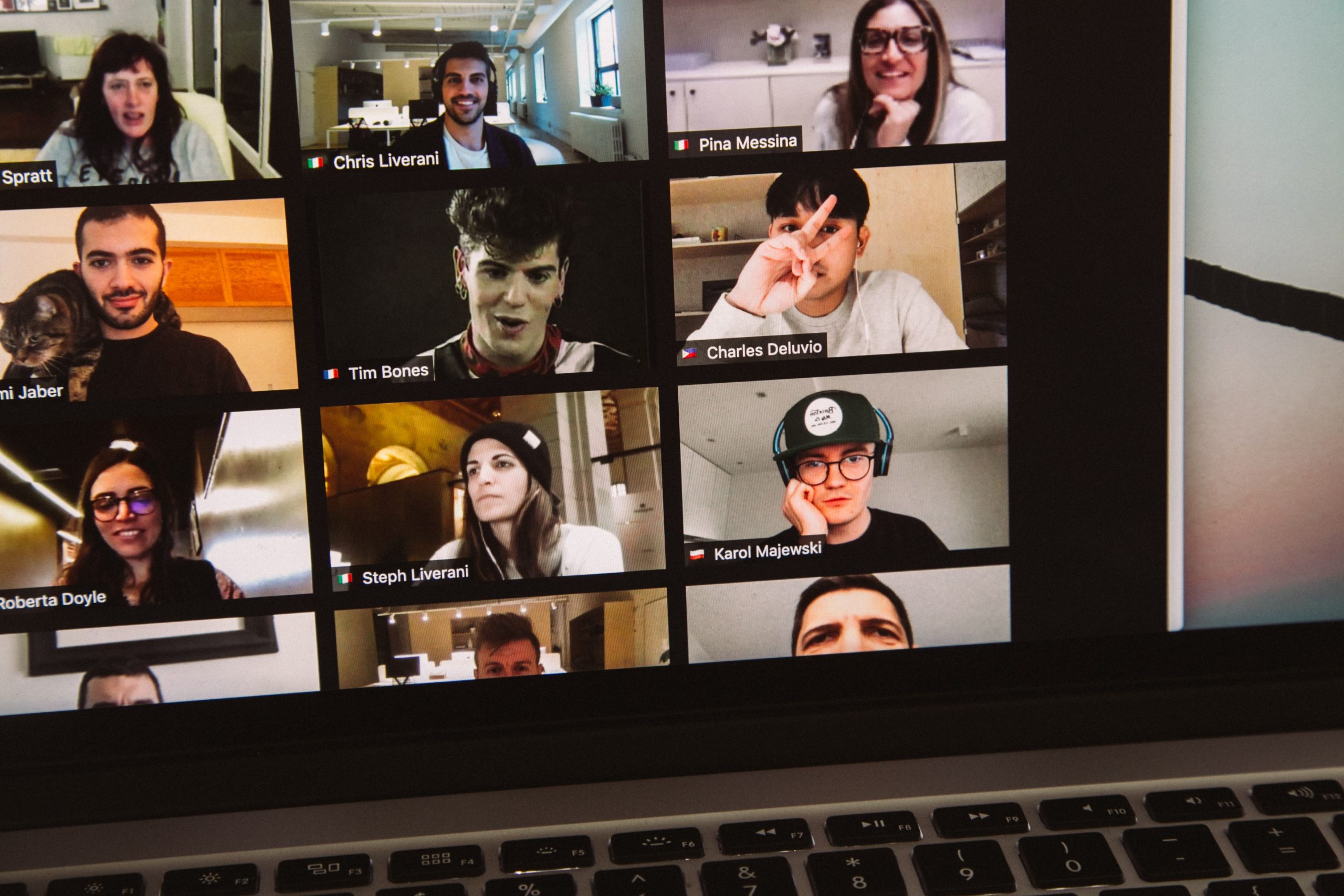Whether your staff are still working from home or waiting to return from furlough – now is the time to be engaging with employees as England continues is cautious route out of lockdown.
Talking to staff about future plans for a return to the office, a restructuring of the business, flexible working policies or offering a platform to discuss the Covid vaccination rollout; these and other topics should form part of an employee led consultation programme – says a leading regional recruitment agency.
Businesses should take steps now to listen their workforce as the road map towards lifting lockdown restrictions continues. No-one could have anticipated when working from home became the ‘new normal’ over a year ago that we would still be in this situation.
In the main, people have adapted successfully and risen to the many challenges that working from home fulltime has presented; not least a halt in office camaraderie and home schooling.
However, now is the time to start looking ahead to working life after lockdown; whatever that may look like from business to business. If employers are planning for a full or partial return to the office or a solely remote working policy; communicating these intentions with employees is paramount.
As well as the numerous practical reasons for doing this, engaging with employers on a range of subjects which have been impacted by the pandemic is beneficial both to the individual and the business. If staff feel they haven’t been supported, they may have – or be – looking for another job.
Employers are subject to extensive legal obligations in respect of the welfare of their staff. The Health and Safety at Work Act 1974 makes employers responsible, so far as is reasonably practicable, for their employees’ wellbeing, health and safety. This means both mental and physical health.
There is no doubt that the Coronavirus pandemic has had an impact on our mental health as a nation. Recent research published by The Prince’s Trust revealed that the mental health of one in four people aged 16-25 has worsened during the pandemic.
Many people have found themselves feeling lonely or anxious. According to a study by mental health charity MIND, 16,000-plus people with no previous issues said they experienced poor or very poor mental health during lockdown.
Meanwhile, feelings of emotional or physical exhaustion, mental detachment from work and reduced ability to perform are signs that some people are facing a burnout.
While for some, there is a highly-anticipated return to the workplace or a mix of office-based and home working, for others working from home is set to continue. This may come hand in hand with renewed or extended feelings of loneliness, being under pressure to constantly perform well or to be accountable for each minute of their working day. Here are some tips on how employers can empower their staff to stay fit and focussed:
- Reduce stress levels – Give staff greater flexibility during their working day; longer lunch breaks to be able to enjoy daylight hours, working around the school run, starting earlier or finishing later – all shifting the focus from hours worked to results generated.
- Recharge – Encourage drawing a line between work and home. Suggest not trying to fit the chores into a lunch break but using any ‘down time’ to boost energy levels and focus on ‘you’.
- Create a caring culture – It’s OK not to be OK! We all hoped the pandemic would be over by now and we would be back to the office. Don’t wait for your staff to burnout, encourage them to come forward for support.
Promote positive thinking – More than a third (37 per cent) of people are experiencing high levels of anxiety, compared to 19 per cent before the pandemic. Try to focus on the good things; hitting that deadline or winning that new piece of work rather than being 10 minutes late back from the school run or are delayed joining a Teams meeting.









